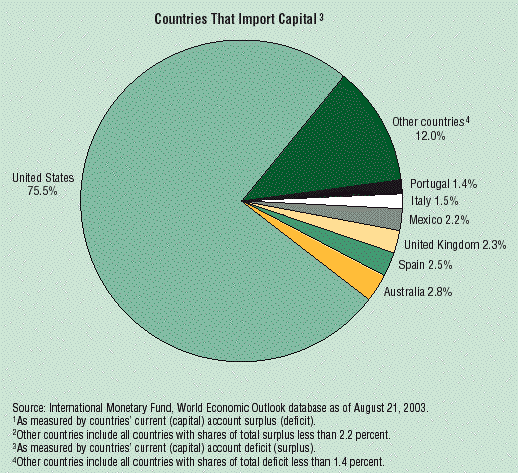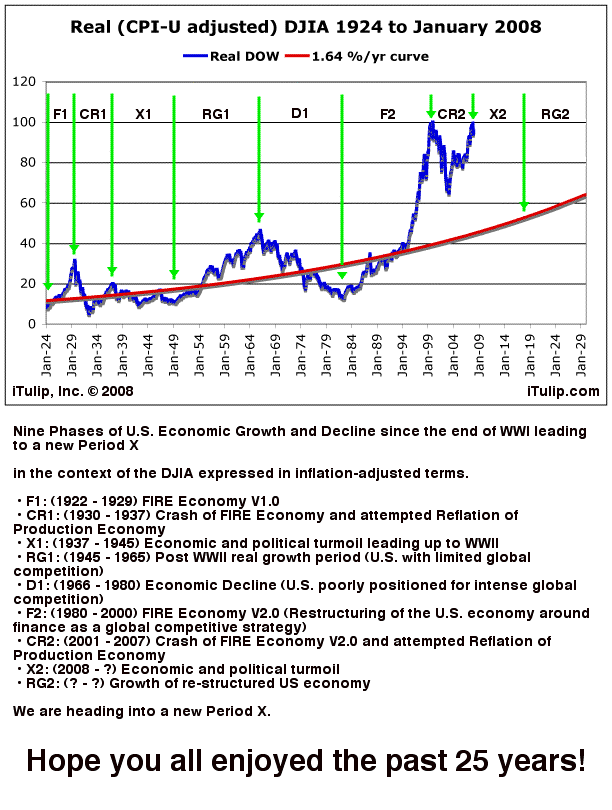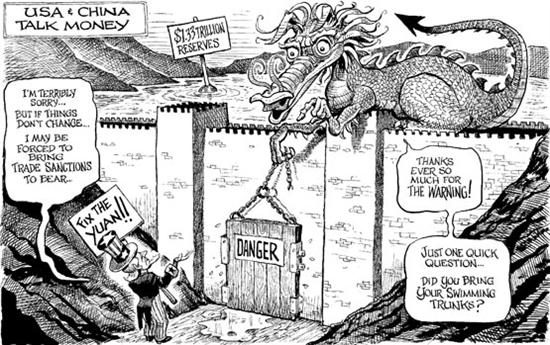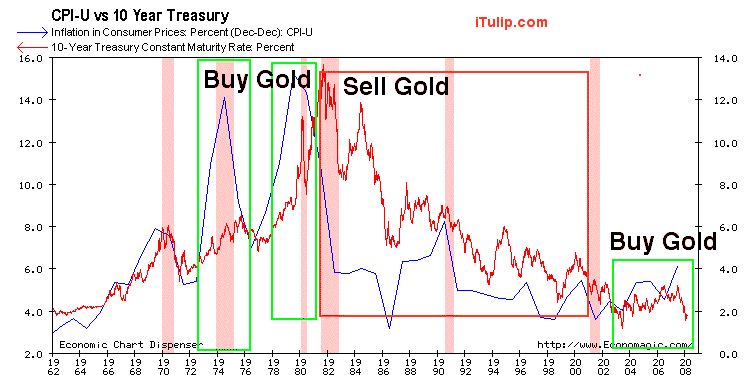Re: Gold bubble goes pop!
i bought commodity etf's, not commodity related stocks. two separate things, as you know. what's good for the commodity is usually good for the related stocks, but not always, and less so the other way. for example- the more expensive it is to extract gold, the less profitable a gold mine but the more valuable already-extracted gold. and, yes, in a sell-off it is likely that commodities will sell down with everything else. pm's might drop less, but you shouldn't count on it.
Originally posted by raja
View Post






Comment